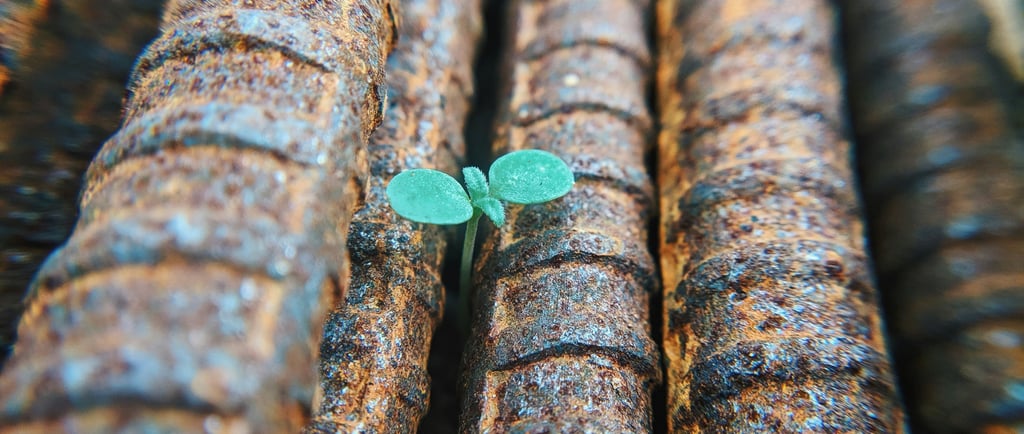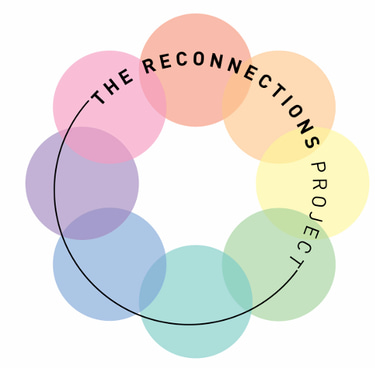Reconnecting with Hope (part 1)
Is there a space for hope in a world that feels increasingly hopeless?
EFFECTIVE CAMPAIGNSINEQUITYRECONNECTING
Dr Trent Grassian
4/22/20253 min read


Saying that it isn't easy to be hopeful is an understatement. Feeling hopeless is a well-evidenced, completely reasonable position. How can we have hope when it seems as though the world is crumbling (or burning) around us? That a few elite billionaires are getting more and more power and are more interested in sending celebrities into space than in saving the planet and all of us humans and animals who live here? In this context, hope seems to be a privileged position.
But, I want to hope. Or, rather, I have to.
My journey into being hopeful started just over five years ago. It was the start of the COVID-19 pandemic and I came down with, well, Covid. Only, I never got better. I kept asking people: Are you still tired? Are you breathless everytime you climb a flight of stairs?
Fast forward four years: I've had to leave my full-time job because, on top of the increasingly severe Long Covid, I've now got chronic infections and chronic pain that mean I can't sit for more than a few minutes and I am on long-term antibiotics. Yikes!
A few months later I read an incredible book, Breaking Free, by Jan Rothney. After years of being told there is no cure for Long Covid (add to that, now, chronic pain) and that I need to simply adapt to this new way of living, Jan's book gave me hope.
Not only did her book give me hope that I could recover: it told me that hope was essential to my recovery. That my nervous system was trapped in a state of fight-or-flight, thinking everything was a threat, and I needed to retrain my body to undertsand that I was safe and that the world was safe in order to recover.
I remember putting down the book and for the first time in years thinking: I will get better! And, I did. I'm now writing this sitting at my desk (yes, sitting!), almost completely recovered from Long Covid and chronic pain, finally off antibiotics and without any infections. It's a place I didn't think I'd ever reach.
But, lately I'm finding it more and more challenging to feel hopeful about the world when every day something new and unexpectedly horrible seems to happen.
For me, though, it's not a choice whether or not to be hopeful. For me, it's a choice between being able to go on walks, work, swim, and do all the things I did pre-Covid and returning to a time when I could barely leave the house. Being hopeful isn't a choice. For me, it is a way of living.
My journey into hope hasn't been as severely shaken as it was by last week's Supreme Court ruling. Being a US and UK citizen, I've been watching my rights as a trans person quickly disintegrate in the US, in the privileged overseas position where I can think: It won't get THAT bad here. I can't say that anymore.
For the first time in almost 20 years, I don't know if my next US or UK passport will have an M or an F. I don't know how this slippery slope might affect my ability to access public spaces, appropriate medical treatment, or for my child to navigate the world safely having a trans parent. It's terrifying.
In a context like this, how can I still hope? Well, as I said, I don't have a choice.
The link between my hope and my health has been incredibly powerful for me and it's reinforced something I've increasingly felt in my career and activism: Without hope, our vision of what could be and the world we are fighting to create are framed within our current reality. In other words, hope is the only way to envision and create the world we want.
If we don't have hope for a different future, we can't see what that future might be. And that is one of the fundamental problems I've encountered again and again. Our framework for change is based on our current reality -- one where systemic oppression is an all-pervasive reality and where our planet and the animals who live here are treated as expendable commodities.
It is only by imagining and hoping for a more just reality that we can truly work to create an equitable, peaceful world where all people have access to essential resources, where greed is not envied, and where corruption and oppression are weeded out.
How can you reconnect with hope today?
Next week, part 2: What does it truly mean to embed hope within your organisation's culture and strategy?
